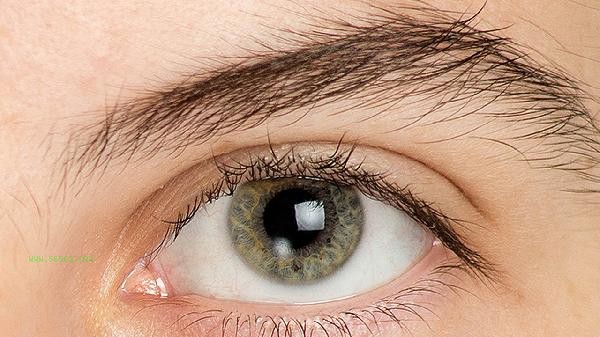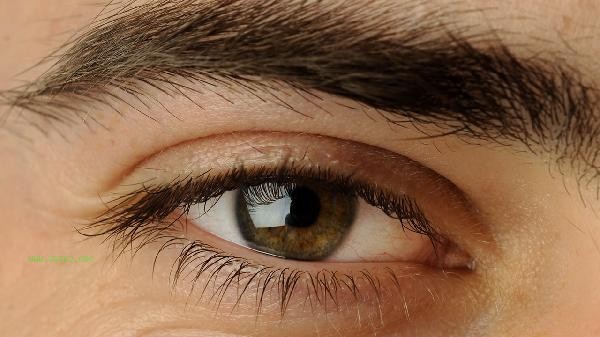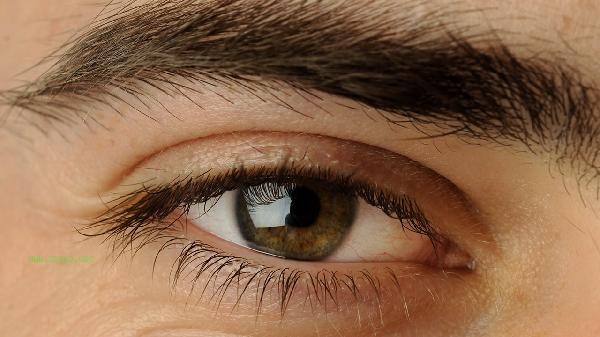Eating 1-2 eggs a day is more suitable for healthy adults, as excessive consumption may increase the burden of cholesterol metabolism. Egg intake should be adjusted based on individual health status, dietary structure, exercise level, and other factors. Eggs are rich in high-quality protein, lecithin, vitamin A and other nutrients. Moderate consumption can help supplement the nutrients needed by the human body. The cholesterol content in egg yolks is relatively high, but recent studies have shown that dietary cholesterol has limited effects on blood lipids in healthy individuals. For individuals with abnormal blood lipids or high risk of cardiovascular disease, it is recommended to control the intake of egg yolks by eating whole eggs every other day or only protein every day. Under the guidance of a coach, fitness enthusiasts can increase their protein intake to 3-4 in the short term, but they need to reduce their intake of other high protein foods accordingly.

Children and adolescents can consume 1 whole egg per day during their growth and development period, and pregnant and lactating women should consume no more than 2 eggs per day. Individuals with special conditions such as egg allergy, gallbladder disease, or renal dysfunction should follow medical advice for adjustment. It is recommended to use low-temperature cooking methods such as steaming and boiling to avoid nutrient loss caused by high-temperature frying. Daily diet should pay attention to the combination of vegetables, fruits, and whole grains to maintain a balanced intake of nutrients.











Comments (0)
Leave a Comment
No comments yet
Be the first to share your thoughts!